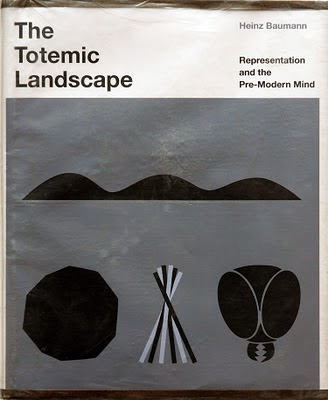The art of reviewing, lesson CXVI
Updike's second rule of book reviewing reads:
"Give him [sic] enough direct quotation—at least one extended passage—of the book's prose so the review's reader can form his own impression, can get his own taste."
There's an art to quotation; sometimes a rave review will contain a passage from the work in question that will be so lackluster that it makes you go, "Eh?" (More interesting is when a negative review gives you a sample of the source prose, and the sample is so good that you're immediately suspicious of the reviewer—has s/he no ear?)
Dwight Garner's review today of Josh Axelrad's Repeat Until Rich is particularly generous with its quotes. I had little interest in actually reading this book (having come across it in a few other articles)—but now it seems like something worth seeking out. This is pretty good, no?:
“I’d been napping for close to a year. I’d found a job because you had to find a job; it was the rage, people worked. In the corporate world, pay is ‘compensation.’ That’s their bare-bones way of expressing it. Something is being made up for, amends are being made: reparations. If you’d expected of life some vital engagement that shook your soul, broke your mind, drew blood from your eyeballs, breath from your throat, shattered front teeth, minced your fingers and your toes, and left your heart squeezed dry as a juiced lime, you might have been at risk of disappointment, might have turned into one of those effete, wan-faced chumps reading Camus on the subway if you weren’t compensated sufficiently.”
(Followed by DG's aside: "Note to self: Quit being one of those effete, wan-faced chumps who reads Camus on the subway.")
This was also reasonably funny:
As if in response to criticisms of Mr. Mezrich’s book, Mr. Axelrad (who, unlike Mr. Mezrich, actually played on the blackjack team he writes about) pre-emptively announces: “Where I changed names, I changed other details too — cities of residence, prior occupations, physical descriptions (sexying everybody up, as a rule, with an eye toward a Hollywood version someday: longer legs, bigger pecs; I went ahead and added a half inch to my own height while I was at it).” But he adds: “The incidents are true.”
Labels: Dwight Garner, Ed reads the paper









